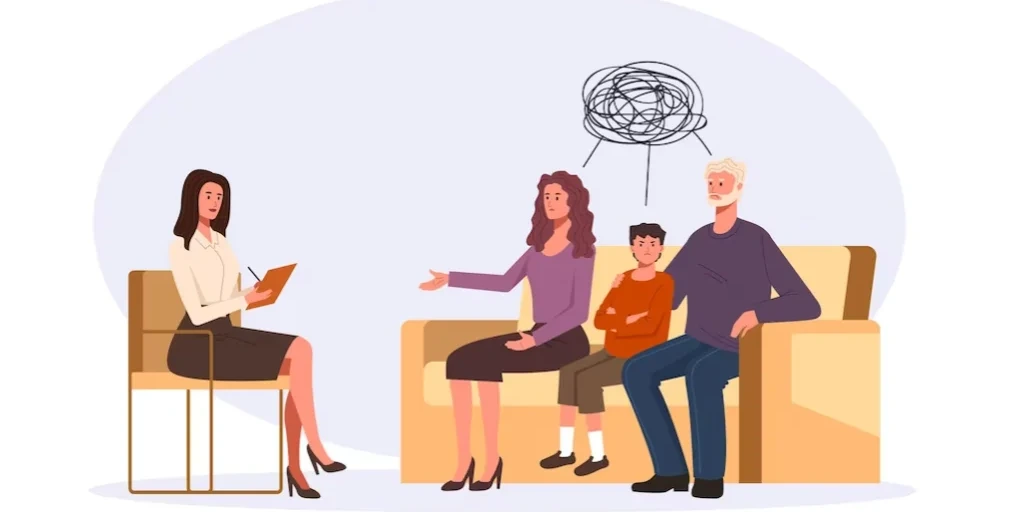24/7 Helpline:
(866) 899-221924/7 Helpline:
(866) 899-2219
Learn more about Eating Disorder Treatment centers in Robbins
Eating Disorder Treatment in Other Cities

Other Insurance Options

Optum

Multiplan

Health Partners

Magellan Health

Cigna

UMR

Group Health Incorporated

Evernorth

CareFirst

Sliding scale payment assistance

Oxford

MHNNet Behavioral Health

WellCare Health Plans

Health Net

Kaiser Permanente

AllWell

UnitedHealth Group

Meritain

Covered California

Regence

































